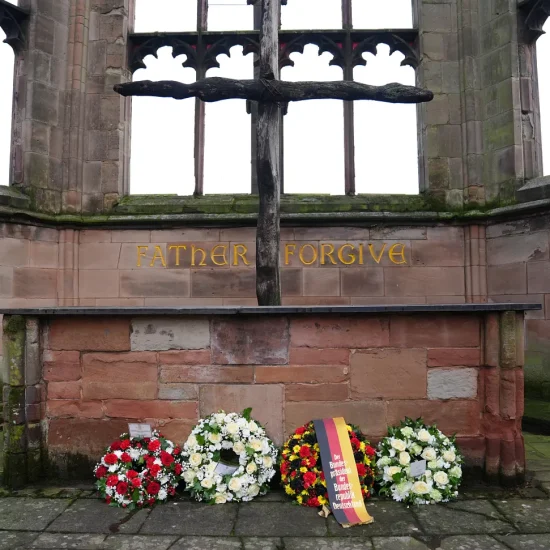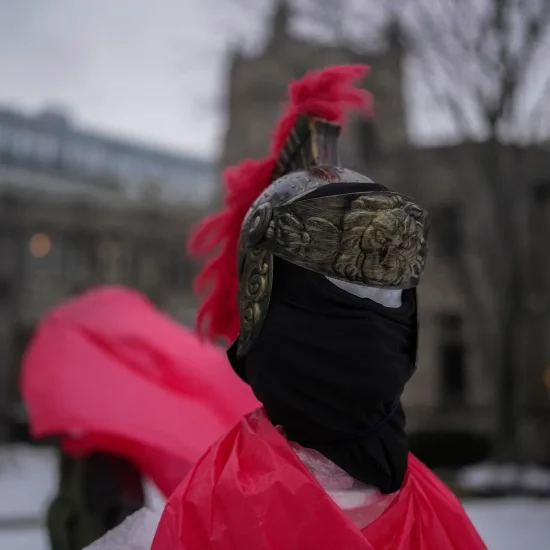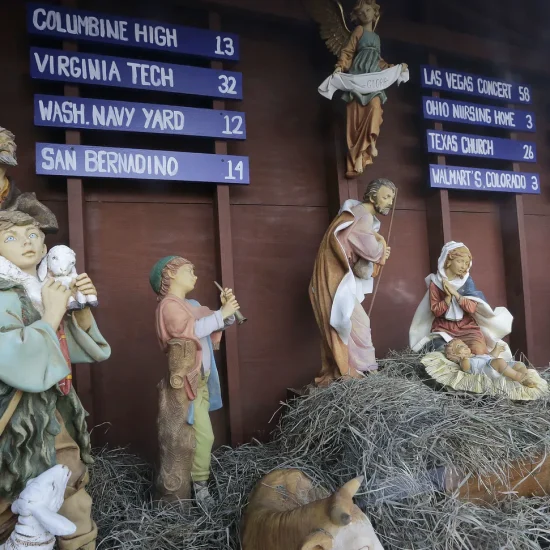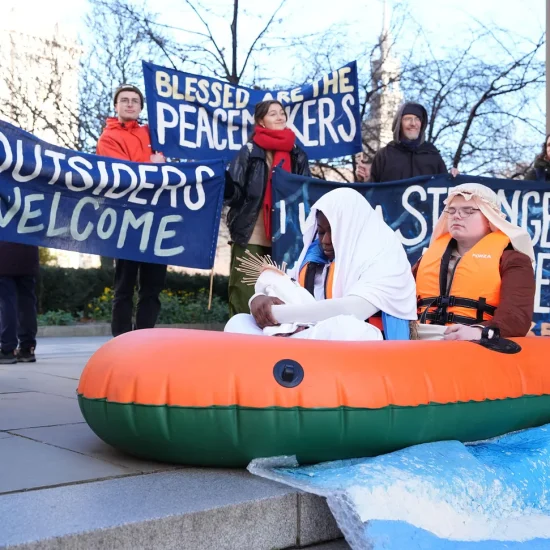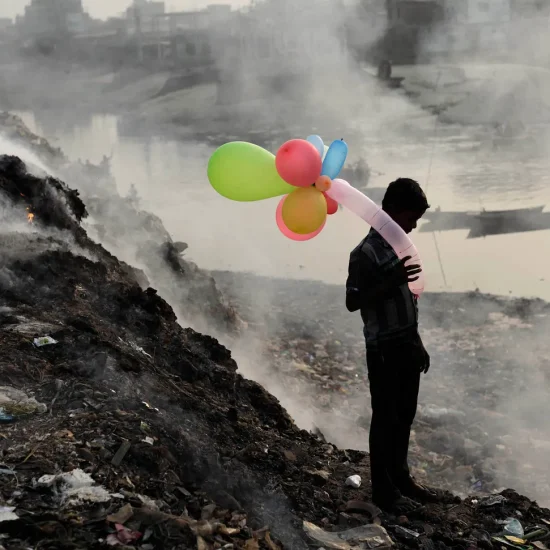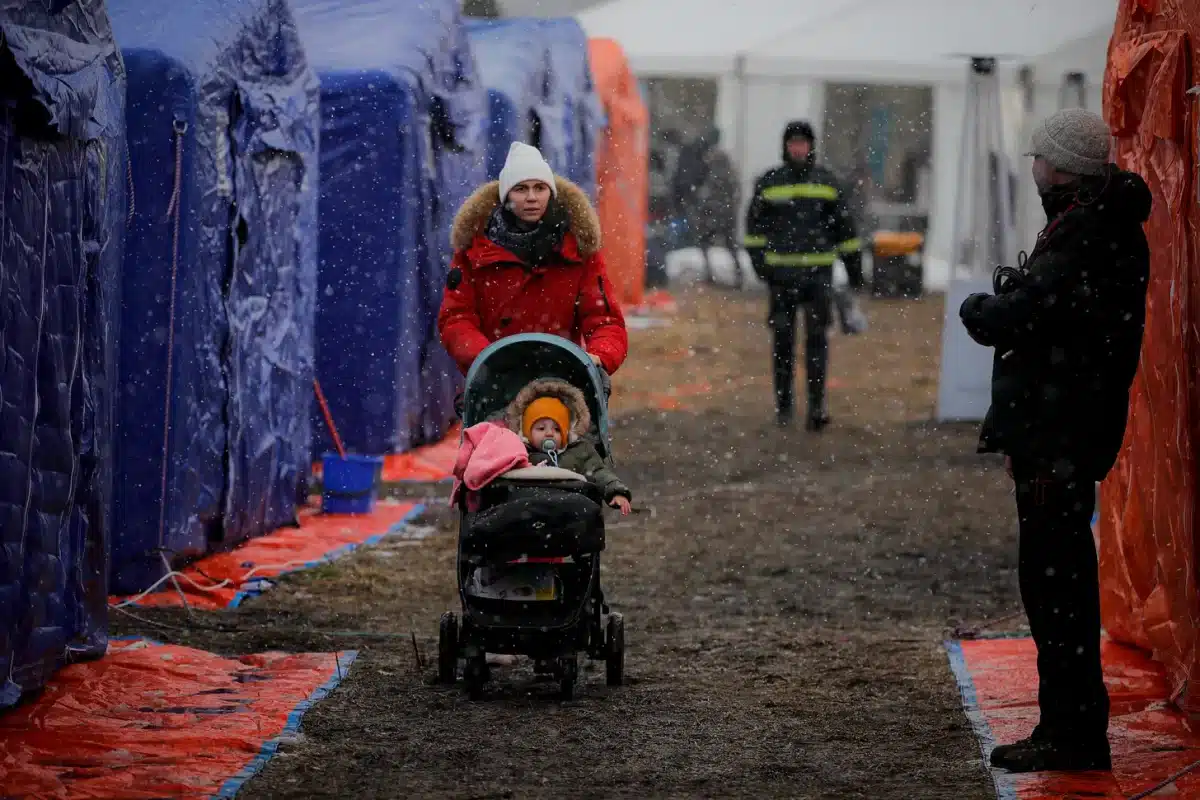
“Remember that you were a slave in Egypt and the Lord your God redeemed you from there.” (Deuteronomy 24:18)
We’re in the process of moving. It’s a time-consuming ordeal that raises a host of First World problems. How do we get our giant flat-screen TV off the wall, safely relocated, and mounted in our new place? Is there a way to get the carpets cleaned before the furniture arrives? What exactly am I signing when I put my name on this unending stream of documents?
Stress over such challenges threatens to consume us. When it succeeds, we often lose our sense of perspective. For example, I’m choosing to move from one warm house to another at a time when 100 million people around the globe have been forcibly displaced. While I’m frustrated by the process of switching my utilities on and off, migrants at the U.S.-Mexico border, Ukrainians fleeing violence, and other refugees struggle to access clean water, safe shelter, and other basic human needs. In comparison, my upheavals are quite minor.
If we will listen to the full story, Advent holds this reorienting power. It can call us away from ourselves and refocus our attention on God’s priorities. Too often, the story of Jesus’s birth is narrowly interpreted as a personal gift. God coming to be with us is really understood as God coming to be with me. Paying attention to the biblical narrative necessarily forces us to expand our vision.
Consider how Jesus’s family is forced to flee to Egypt shortly after his birth. They become refugees in order to escape political violence. The land that once oppressed the people of God now provides safe harbor for the Messiah and his human family until the threat passes.
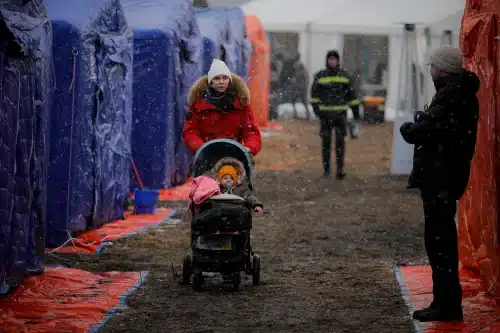
A refugee fleeing the war in neighboring Ukraine pushes a baby stroller between waiting tents in Siret, Romania, on March 3, 2022. (Andreea Alexandru/Associated Press)
I don’t underestimate humanity’s capacity for indifference, but any Christian actually invested in what the Bible tells us about Jesus should see the connections. If they aren’t obvious enough, scripture points them out over and over again.
The Hebrew Bible admonishes God’s people not to mistreat foreigners because “you were a slave in Egypt and the Lord your God redeemed you from there” (Deuteronomy 24:18). In Matthew’s Gospel (25:35), Jesus tells his followers that encountering “the stranger” brings us face-to-face with our savior and we’d better act accordingly.
Participating in Advent means preparing our hearts to welcome a savior who will become a refugee. It means seeing Jesus’s face in those who are displaced, seeking asylum, and crossing borders today. The Holy Family is found in every refugee camp and caravan. Regardless of what’s going on in our lives, we can’t ignore the humanitarian crises unfolding before our eyes.
Beau Underwood is vice president of external affairs and senior editor at Word&Way.

NOTE: This is part of our Unsettling Advent devotionals running Nov. 27-Dec. 24. You can subscribe for free to receive them each morning in your inbox.

